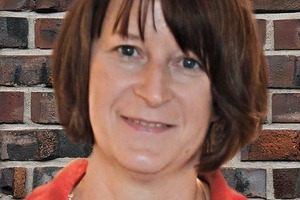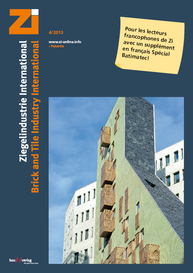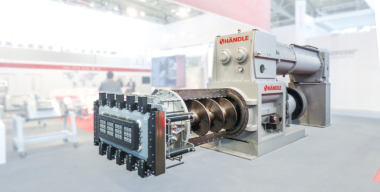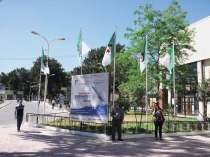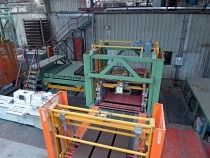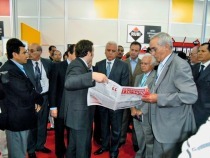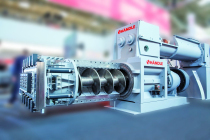Boom market in North Africa?
From 4 to 8 May, the 16th Batimatec 2013, International Exhibition for Construction Materials and Building Technologies, will take place in Algiers, Algeria. At the last exhibition in May 2012, 1 032 exhibitors, including 488 international companies, presented their products and services to around 43 000 visitors. These included well-known manufacturers of machinery and equipment for the clay brick and tile industry.
If you type in the keyword “Algeria” at //www.zi-online.info" target="_blank" >www.zi-online.info:www.zi-online.info, you get more than 40 hits for the last three years. Many brick and roofing tile plants in the North Africa region have been modernized or rebuilt to meet the at times immense demand for building materials. We have reported on several of these projects and in this issue we shall feature more of them. Most of the company representatives we have spoken to in the last few years have described Algeria and North Africa as some of their most interesting markets. All this has prompted us to include a French-language supplement in this issue of ZI Brick and Tile Industry International, especially for the North African market. Our Algerian readers can collect this direct from our stand in Pavilion U at Batimatec.
From its industry barometer for Africa/Middle East for January 2013, Germany Trade & Invest predicts growth in construction for Egypt, Algeria and Morocco, and even strong growth for Libya, while in Tunisia, however, stagnation is expected. In all these countries, the creation of affordable of housing has a high priority. According to GTAI, a total of 50 000 new housing units and expenditure for road construction totalling around 385 mill. euros are planned in Tunisia. Practically debt-free and with considerable currency reserves, the Algerian government has foreseen expenditure amounting to 156 bill. $ in its five-year plan for 2010 to 2014. The country offers huge market potential for the construction industry. In 2013, the focus again will be on housing construction. The Moroccan building industry will get a massive boost from the building of entire towns for low-income sections of the population. In Libya, private housing construction and the building of small-scale commercial facilities is booming, fuelling enormous demand for skilled building workers and building materials (Germany Trade & Invest: Industry Barometer Africa/Middle East, January 2013).
But what’s going to happen in the North African brick and tile industry once the huge demand has been satisfied? Here, as in every other country in the world, innovative clay brick and tile products with added value can open up new sales opportunities.
Wishing you a successful and interesting Batimatec

